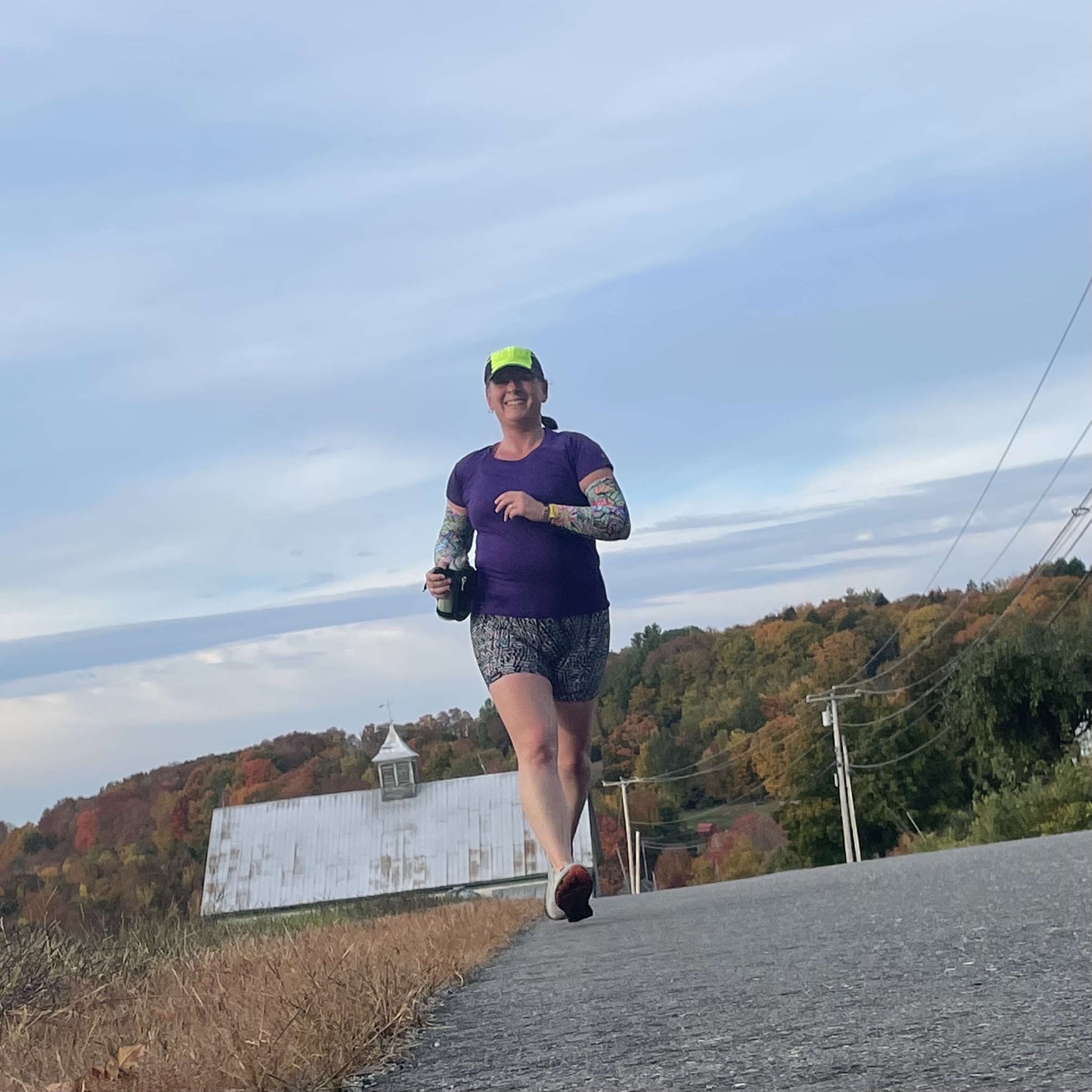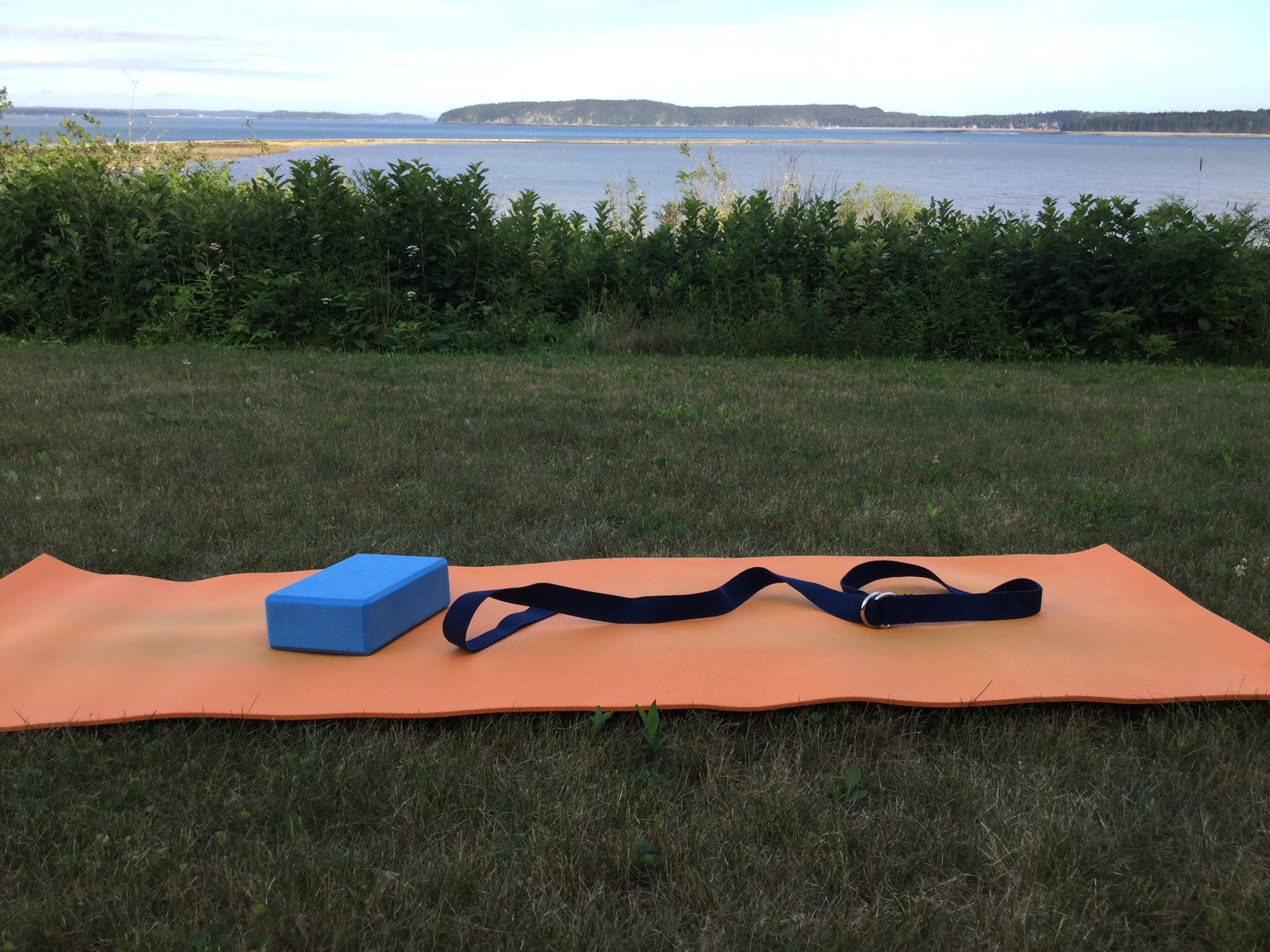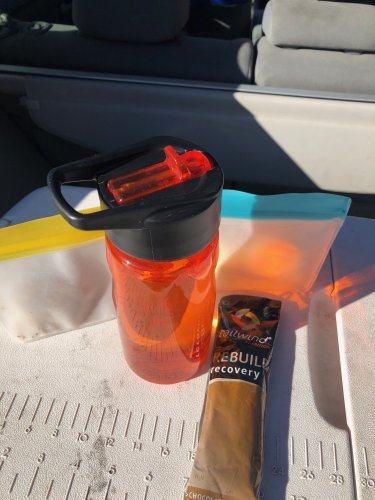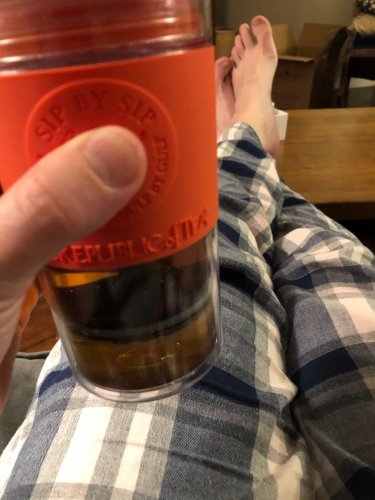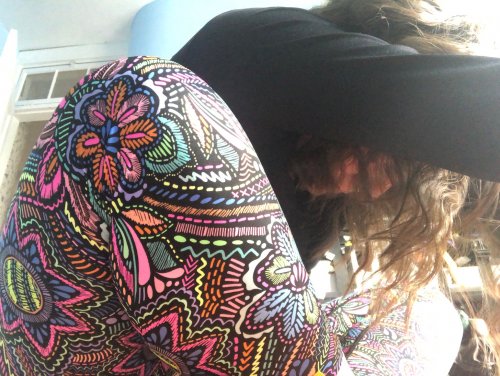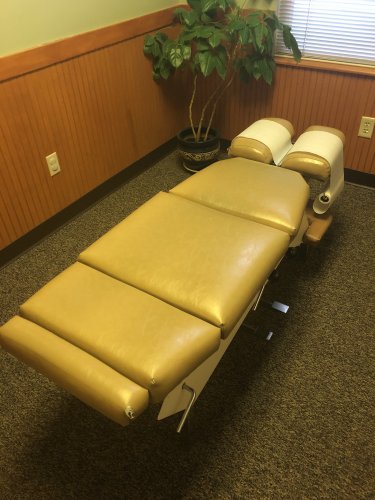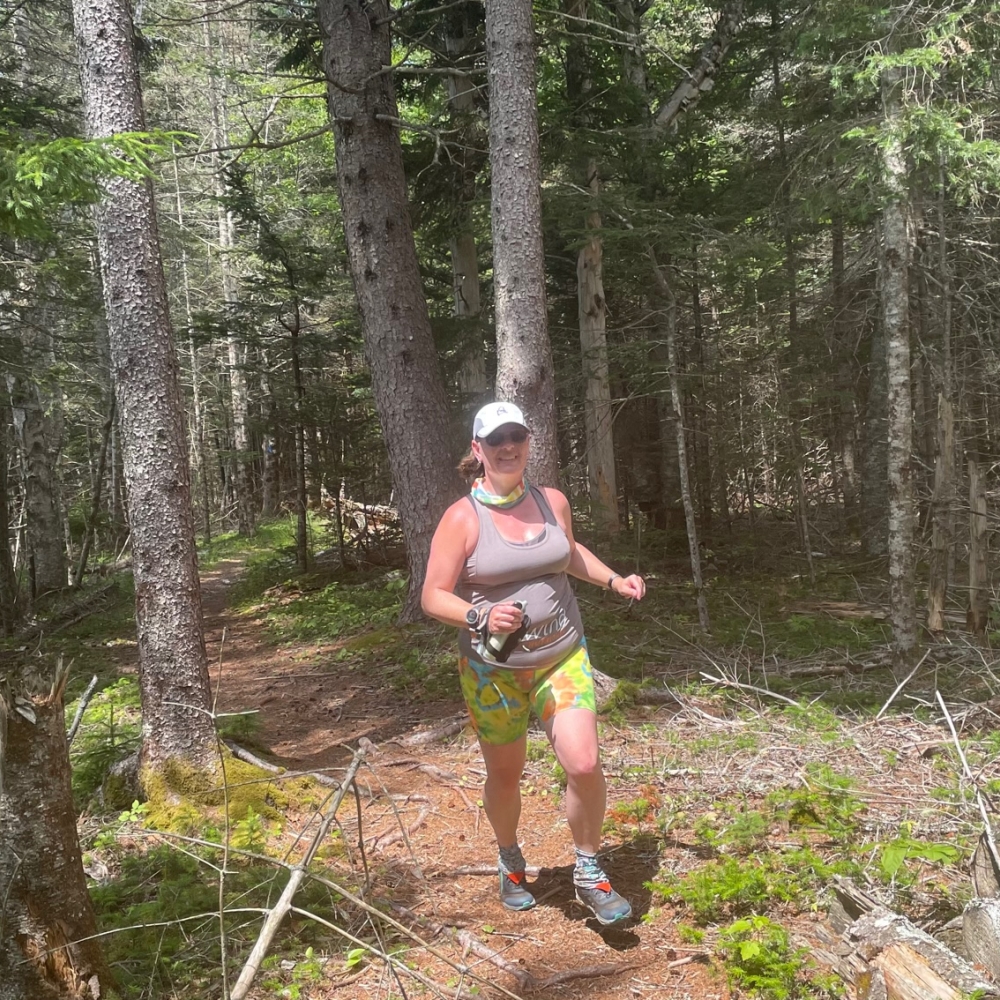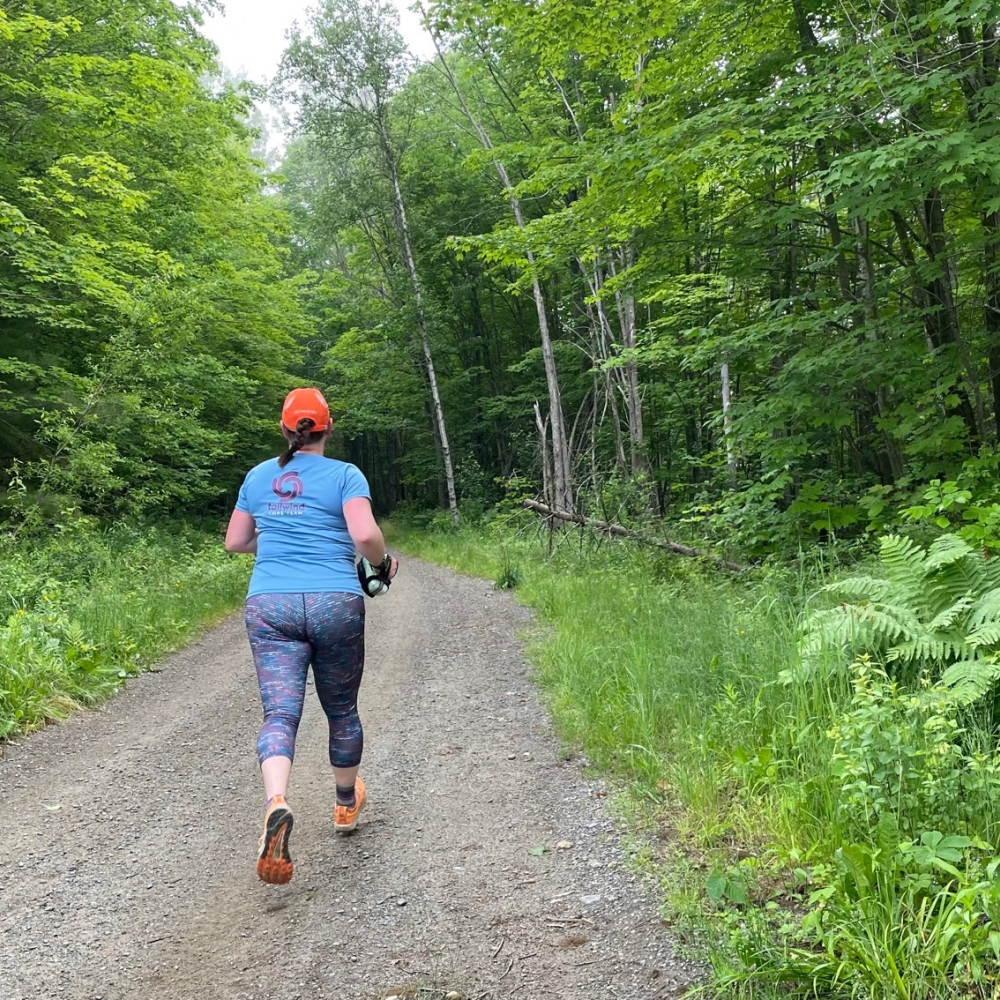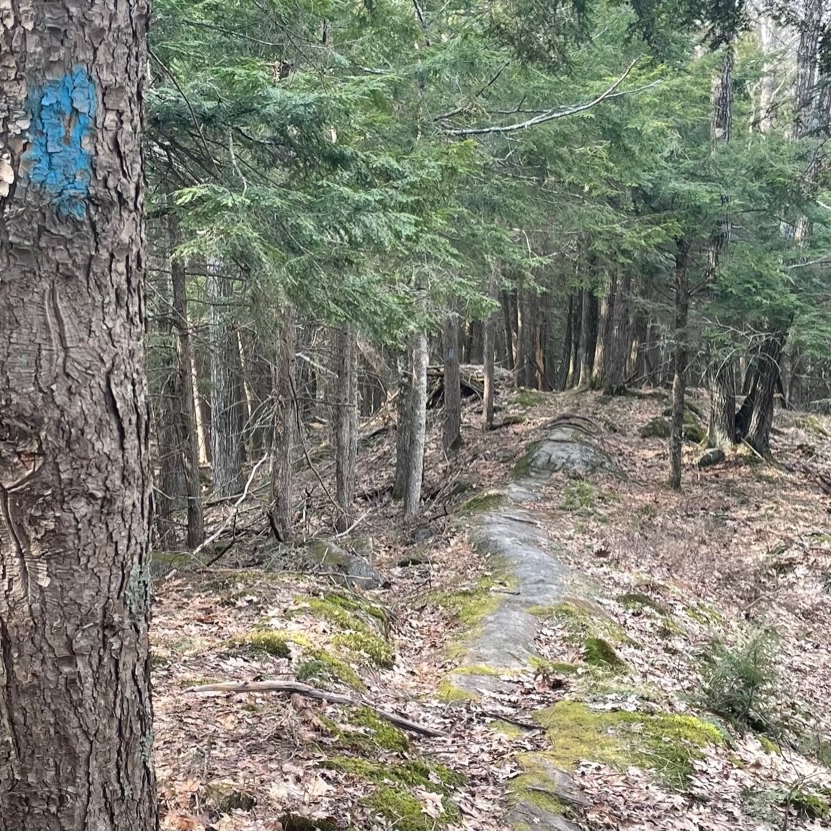We all need to rest and to recover. Sometimes a few day's rest is enough to allow us to recover, but more often, recovery is a series of active and purposeful choices we need to make to support our bodies.
Rest is just that, rest. Time off can be productive, both from a physical and a mental standpoint. We need our sleep to rest on a daily basis and we need to incorporate rest into our training plans to allow our bodies to benefit from the stresses we've taken on--this is how we get faster and stronger.
Recovery offers more holistic support to our bodies. It begins with rest, but there are other purposeful strategies we need to incorporate to make sure that our bodies recover from the demands they are under and show up to our next run ready to perform.
Post-Run Care: After you stop your GPS watch, what do you do next? If you just hit the shower and get on with your day, you're missing a couple of recovery opportunities. A cool-down and stretch gives your body some important neurological and hormonal signals that the hard work is over. This post-run attention to your body offers a quicker start to a recovery cycle than skipping this step. Once your body fully processes the signal to stop, it can start adaptations and repairs you get in recovery. If you just keep moving on to the next thing, you may bypass these steps and lose some of the benefits of training.
Nutrition: Fueling on your run sustains your performance, but your nutritional choices between runs influences your recovery. First of all, did you run far enough today that you need a specific recovery nutrition plan? If you've worked hard enough or long enough, you'll need the right blend of carbs and proteins to start your metabolic recovery ASAP. My quick-and-easy solution is some Tailwind Rebuild Recovery*, which I'll mix up at a trailhead and enjoy on the ride home, and if I have access to my kitchen after a hard run, I'll have a prepped meal ready and waiting.
After you've met these immediate needs, are you eating enough through the day? Especially if you are making changes in your running schedule, you'll need to make changes in your intake. Without enough balanced intake, we can't make post-run repairs and build strength and endurance.
Wellness Providers: Do you have a physical therapist, chiropractor, acupuncturist or massage therapist whom you see regularly? Taking care of small problems before they're big problems is the kind of preventative maintenance that maximizes your recovery time, and these practitioners can help you to spot trouble before an annoying little thing blossoms into an injury. Making sure that we are strong, aligned and comfortable makes our training so much more effective because our recovery is more complete. And if we are injured, just resting usually doesn't heal us, especially if the injury is chronic or the result of cumulative strain. Getting professional help and developing a care routine minimizes down time and better guarantees that our time not running is actually allowing us to recover.
It amazes me that so many runners wait to get a massage as a reward after a big race. Personally, I've always seen the big race as the reward and the massage as the recovery strategy that allows me to enjoy it. A regular tune up helps your body to recover faster and perform better. Folks routinely spend a ton on money maintaining their cars or bikes; I'd suggest that a more important financial investment is the one that we make into our physical well-being. Using PT, chiropractic work, acupuncture and massage to optimize recovery is money well spent.
Stretching and Strengthening: We are not strong until we are supple, so I have paired these strategies. It's tempting to skip the days we schedule for strengthening and lengthening because taking another run feels so much more satisfying. However, as much as we think of stretching and strength training as tools that make us tougher, they are also important to our recovery routines. Having a body that is powerful and flexible means that an adventure on technical trail takes less out of us. Not only are we less likely to get injured on a challenge, but it's ultimately less of a physical challenge for a balanced body. If we are strong and supple, the trails do not fatigue us the same way and our recovery is more efficient than without this foundation. It takes less time and effort to bounce back from epic things.
I'd never tell someone not to rest--time off is important for us all. It's just vital to remember that simple rest does not correlate to recovery. We need to make sure that we are actively engaged in strategies that mean our downtime is truly healing to our bodies. Recovery can be more active that rest (although I have felt 100% rested every time I leave the acupucturist's office), but it's more effective too. When we schedule our training cycles, we're doing ourselves a disservice if we so not make room for our recovery cycles too. Ultimately, recovery is what allows us to endure.
*Full disclosure: I am a 2021 Tailwind Ambassador, but I would never lend my name to a company whose products I didn't already use and trust.

